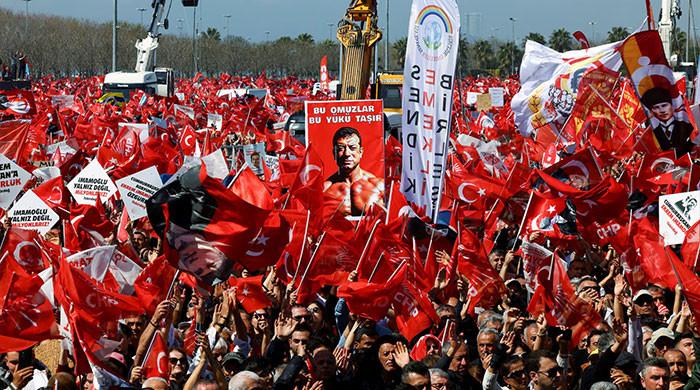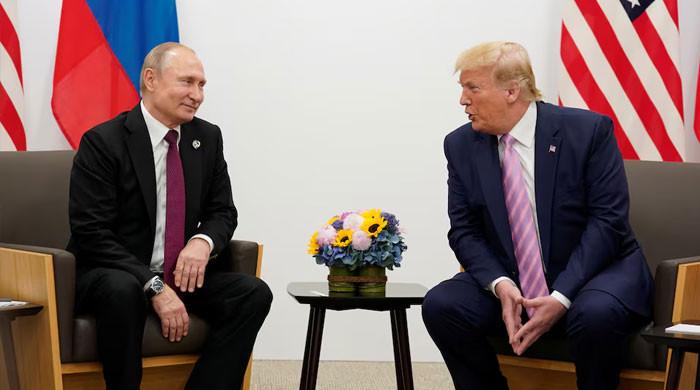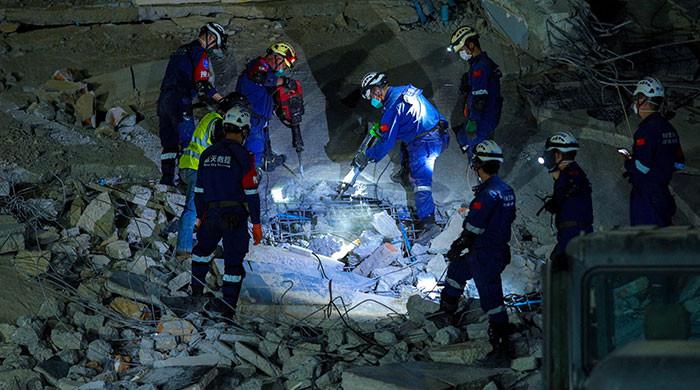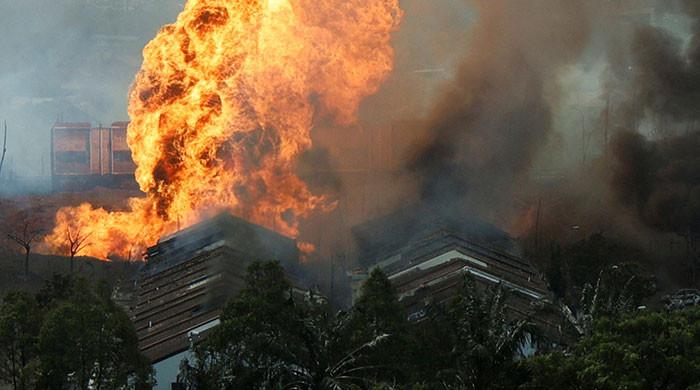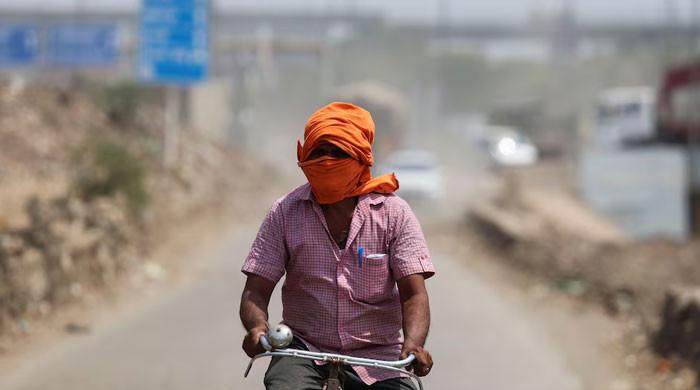More than half of world's children threatened by war, poverty, discrimination: study
According to the study, children in Niger face the biggest threats from conflict, poverty and discrimination
May 31, 2018
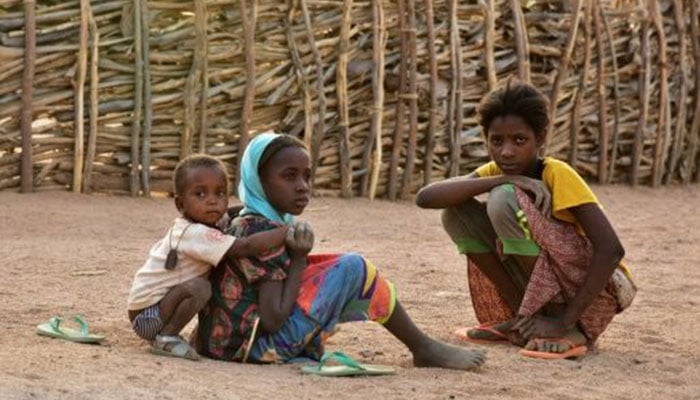
More than half of the world's children are threatened by conflict, poverty or sexual discrimination, Save the Children said in a report published on Wednesday.
Entitled "Many Faces of Exclusion", the study ranked 175 countries in terms of the threat of child labour, exclusion from education, child marriage and early pregnancy.
It found that 1.2 billion children worldwide were at risk from at least one of the three main threats.
Eight of the 10 countries which ranked worst for children were in the west and central Africa, with the greatest threat level in Niger.
By contrast, Singapore and Slovenia were classed as the countries with the lowest incidence of such problems.
"More than half the world's children start their lives held back because they are a girl, because they are poor or because they are growing up in a war zone," said Helle Thorning-Schmidt, the charity's chief executive.
"Governments can and must do more to give every child the best possible start in life," she added.
"The fact that countries with similar levels of income deliver such different outcomes for children shows that policy, funding and political commitment make a critical difference."
The report said more than one billion children live in countries hit by poverty and 240 million in countries affected by conflict and fragility.
More than 575 million girls live in countries "where gender bias is a serious issue", it found.
Some 20 countries, including South Sudan, Somalia, Yemen and Afghanistan, account for 153 million children living under all three threats of child labour, exclusion from education and child marriage.
Niger is the country in which children face the biggest threats from conflict, poverty and discrimination, Save the Children says.




